When it comes to preserving the beauty and integrity of our floors, chair leg protectors play a crucial role. But with so many options available, it can be challenging to decide which one is best for your needs. In this article, we'll delve into the two most popular choices – rubber chair leg protectors and felt protection – and explore their advantages and disadvantages to help you make an informed decision.
The Effectiveness of Rubber Chair Leg Protectors
Rubber chair leg protectors are widely used and known for their durability and versatility. Made from high-quality rubber materials, these protectors create a cushioned barrier between the chair legs and the floor, effectively preventing scratches and scuffs caused by furniture movement. They are particularly effective on hard floors, such as hardwood, tile, or laminate, providing an excellent grip and reducing the risk of slips or slides.
Advantages of Rubber Chair Leg Protectors
Superior Protection: Rubber protectors excel in safeguarding floors against heavy furniture, making them ideal for chairs in high-traffic areas.
Non-Slip Properties: The rubber's inherent non-slip characteristics ensure that chairs remain stable and secure, reducing the chance of accidents.
Long-lasting: Due to their durability, rubber chair leg protectors can withstand daily wear and tear, making them a cost-effective investment in the long run.
Disadvantages of Rubber Chair Leg Protectors
Potential Indentation: In some cases, heavy furniture can cause indentations on soft flooring, such as vinyl or linoleum, due to the weight concentration on small contact points.
Limited Aesthetics: While rubber protectors are functional, their appearance may not be as aesthetically pleasing as other options.
The Appeal of Felt Protection
Felt protection is another popular choice for preserving flooring and is well-regarded for its gentle touch on delicate surfaces. These protectors are typically made from compressed fibers and are renowned for their ability to glide smoothly, reducing friction and noise when chairs are moved.
Advantages of Felt Protection
Soft and Gentle: Felt protectors are perfect for safeguarding sensitive flooring materials like hardwood, as they offer a cushioned barrier without causing scratches or dents.
Noise Reduction: The soft nature of felt minimizes the noise produced when chairs are slid or shifted, creating a quieter environment.
Aesthetic Appeal: Felt protectors are available in various colors and sizes, enabling you to choose options that blend seamlessly with your furniture.
Disadvantages of Felt Protection
Durability Concerns: Felt protectors might wear down faster than rubber protectors, especially in high-traffic areas, requiring more frequent replacements.
Slippage: While felt provides a smooth surface, it might not provide the same level of grip as rubber, leading to potential chair slippage.
Online Stores vs. Retail or Hardware Chain Stores
When searching for chair leg protectors, consider exploring online stores that specialize in flooring protection. These stores often offer a wider variety of high-quality options compared to traditional retail or hardware chain stores. Additionally, online retailers may carry specialized protectors, such as extra-large or heavy-duty ones, catering to specific needs that are harder to find elsewhere.
In conclusion, both rubber chair leg protectors and felt protection have their unique advantages and disadvantages. The decision ultimately depends on your specific flooring type, furniture usage, and personal preferences. While rubber protectors excel in durability and non-slip properties, felt protectors shine in their gentle touch and noise reduction capabilities.
Remember to evaluate your flooring needs, and don't hesitate to explore the diverse and superior options available in online stores specializing in flooring protection. Whether you choose rubber or felt, investing in high-quality chair leg protectors is essential to extend the life and beauty of your cherished floors.

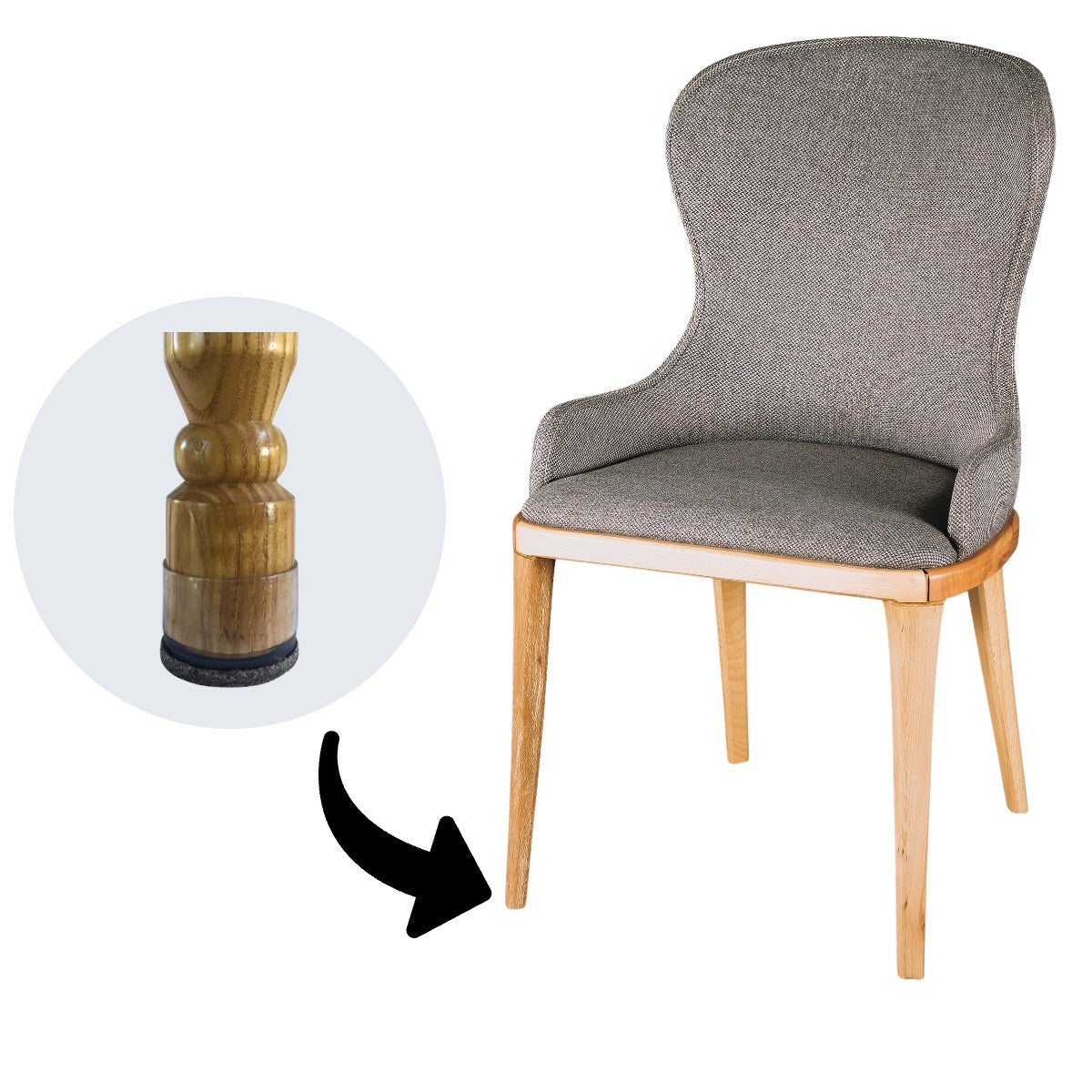
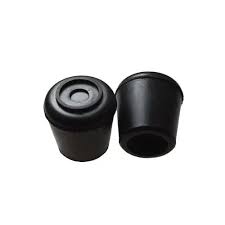
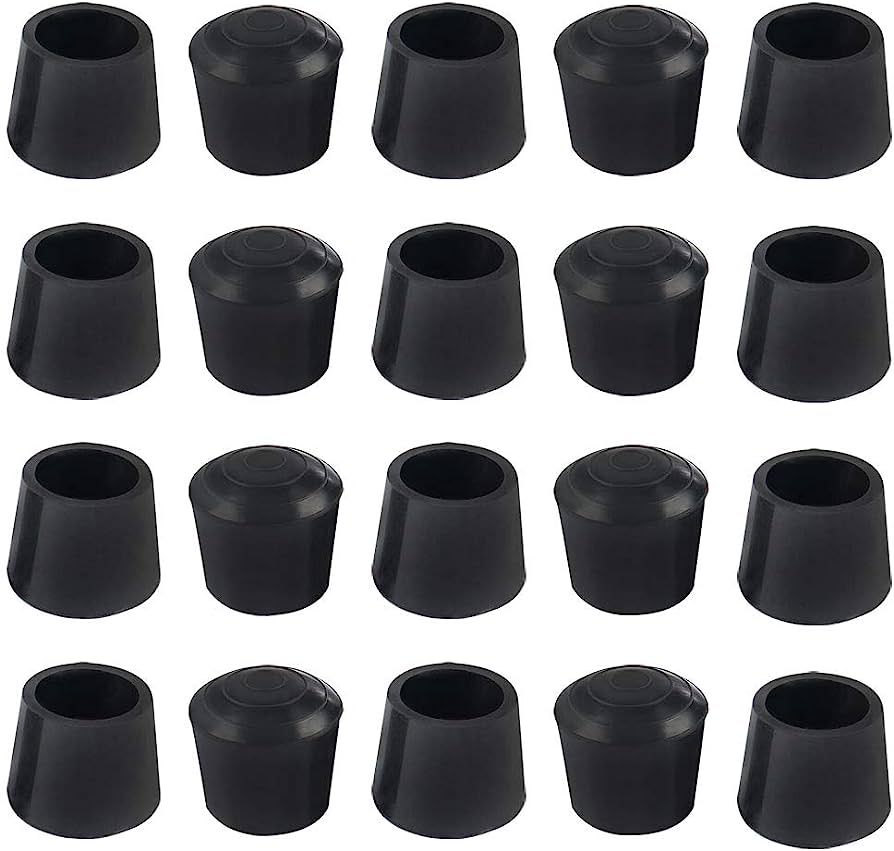

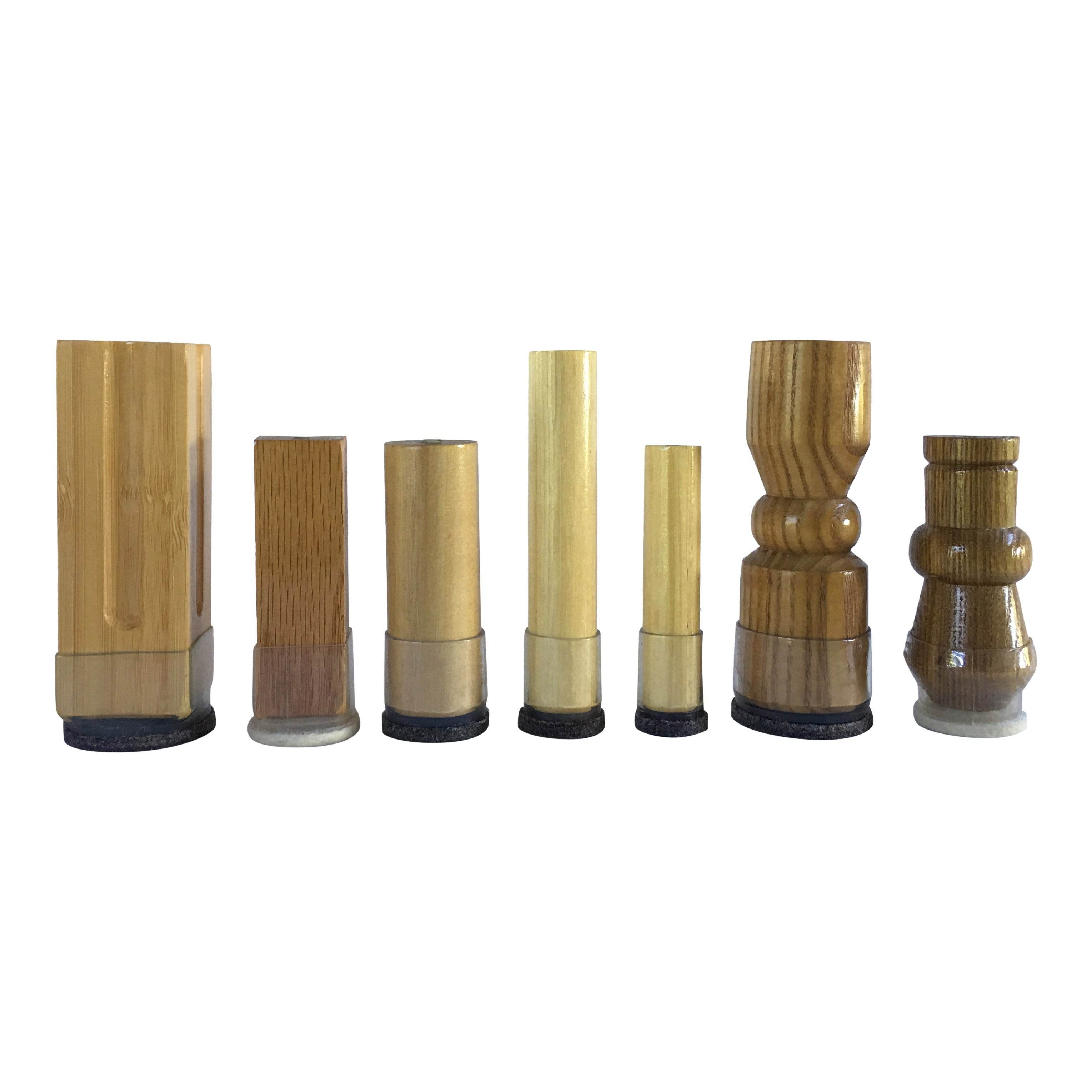
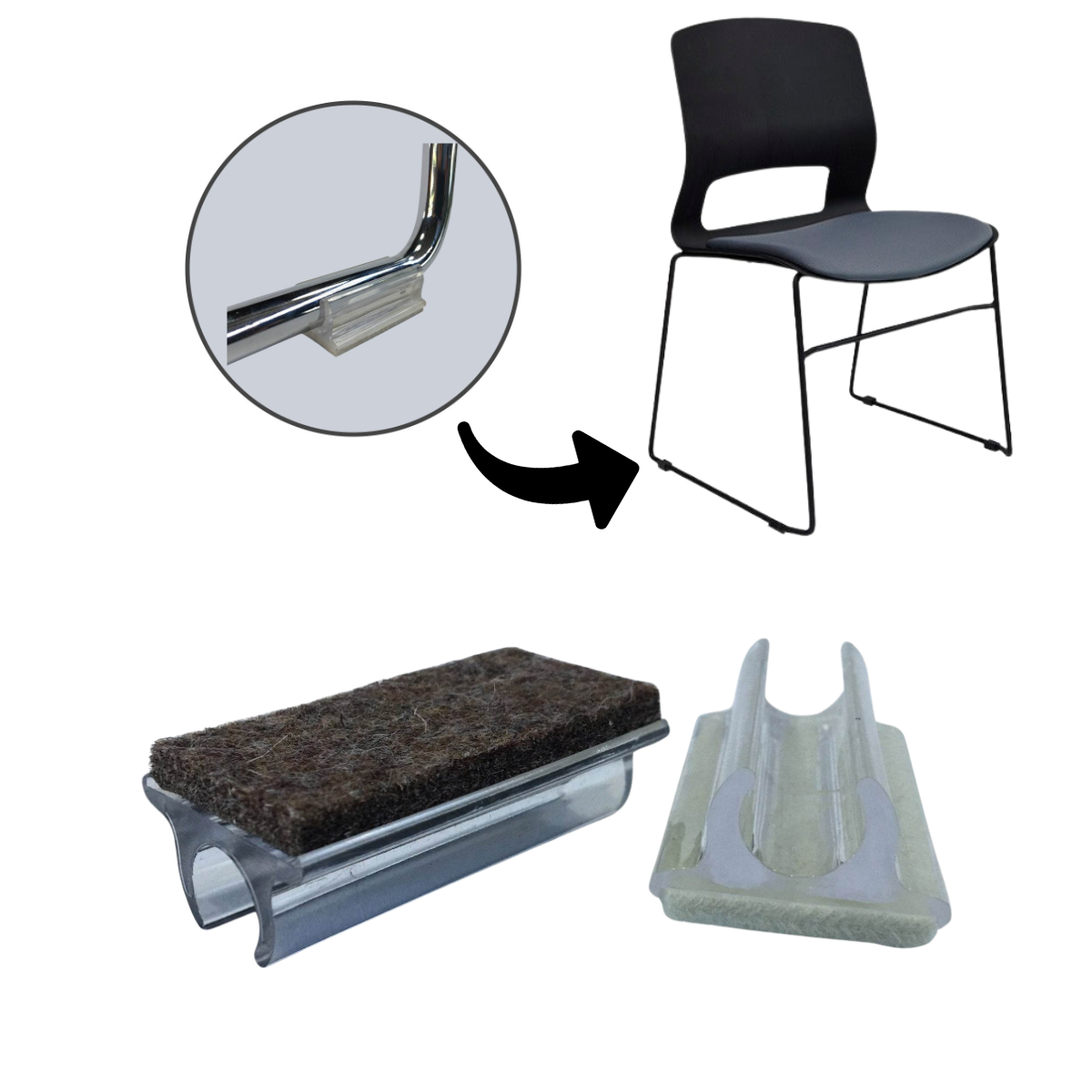
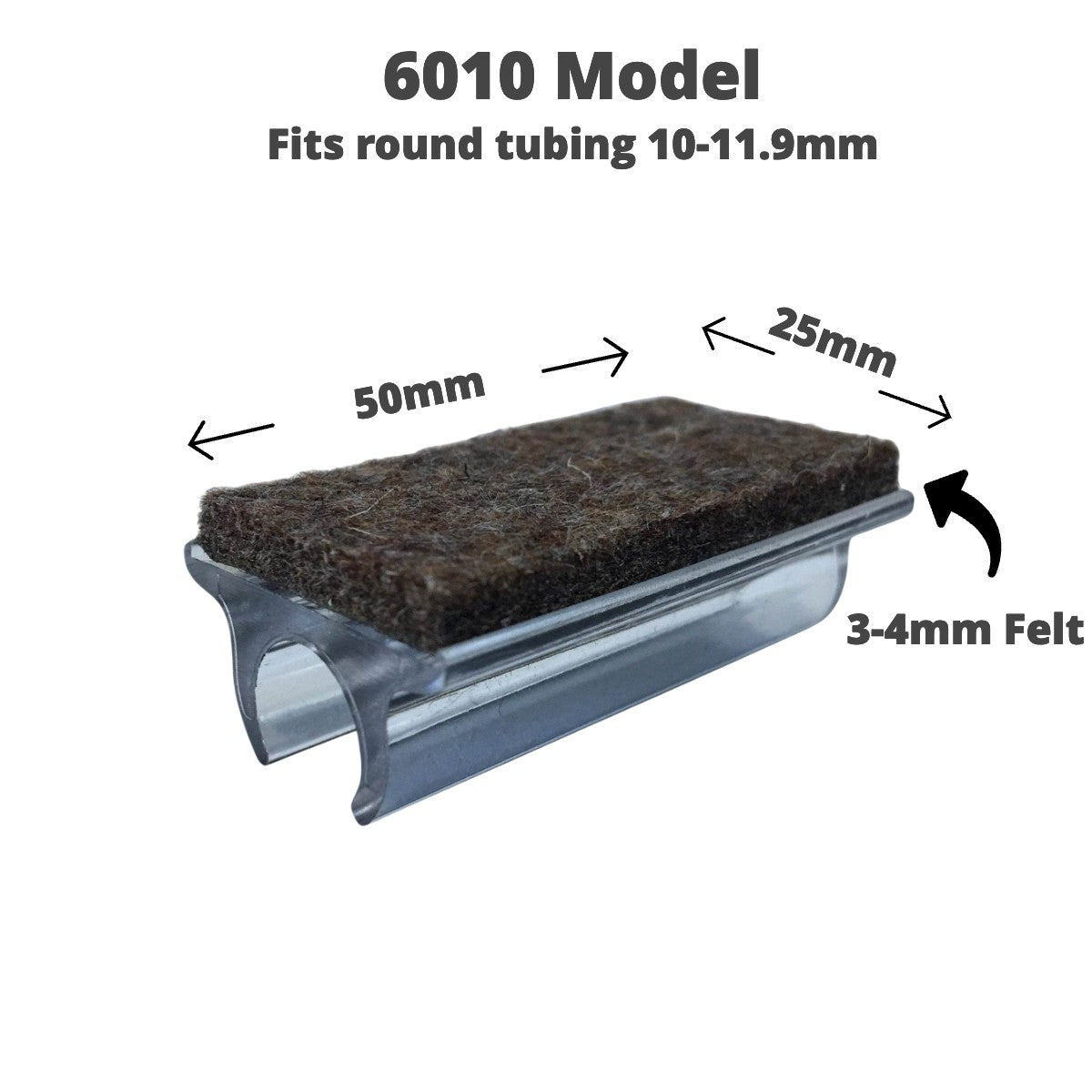
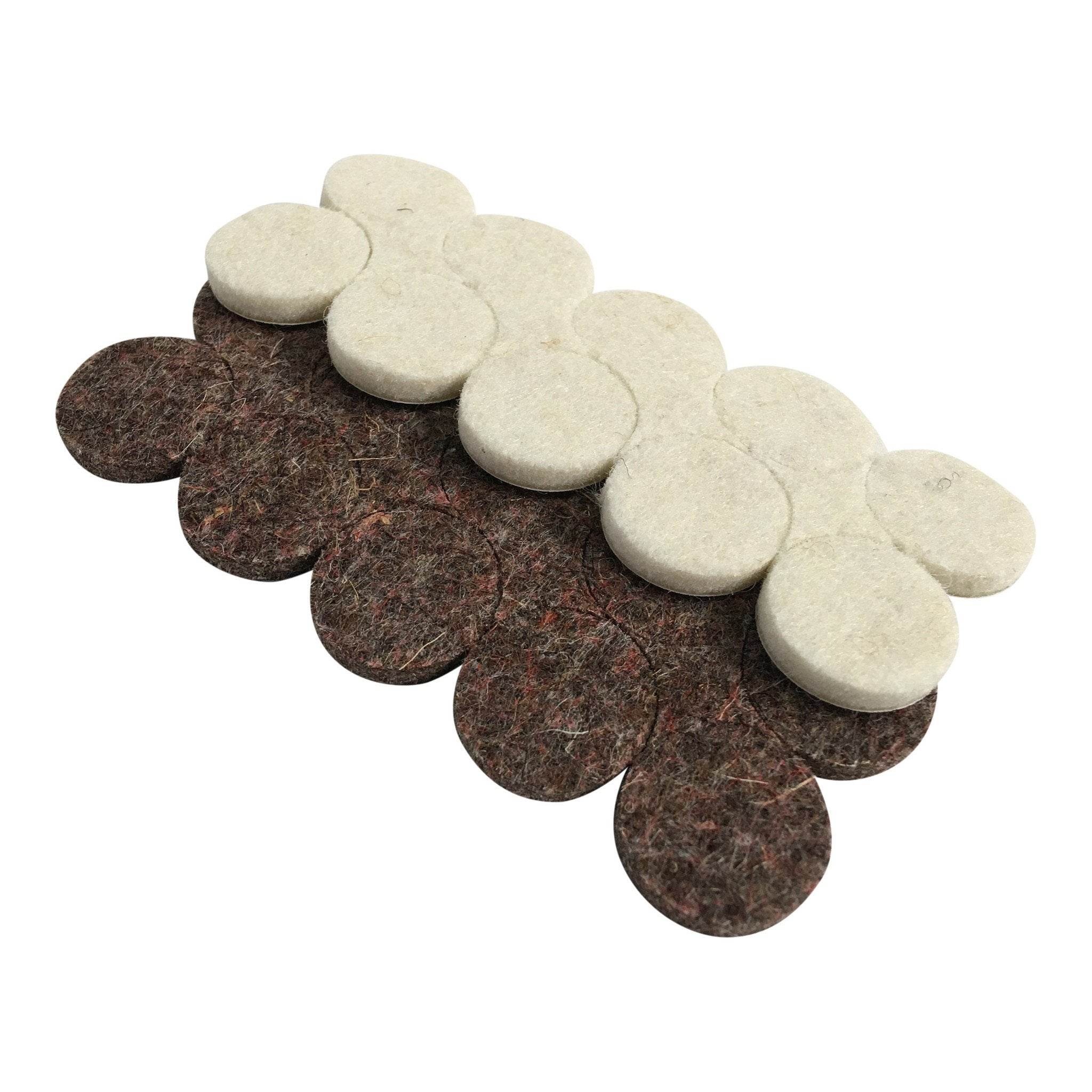
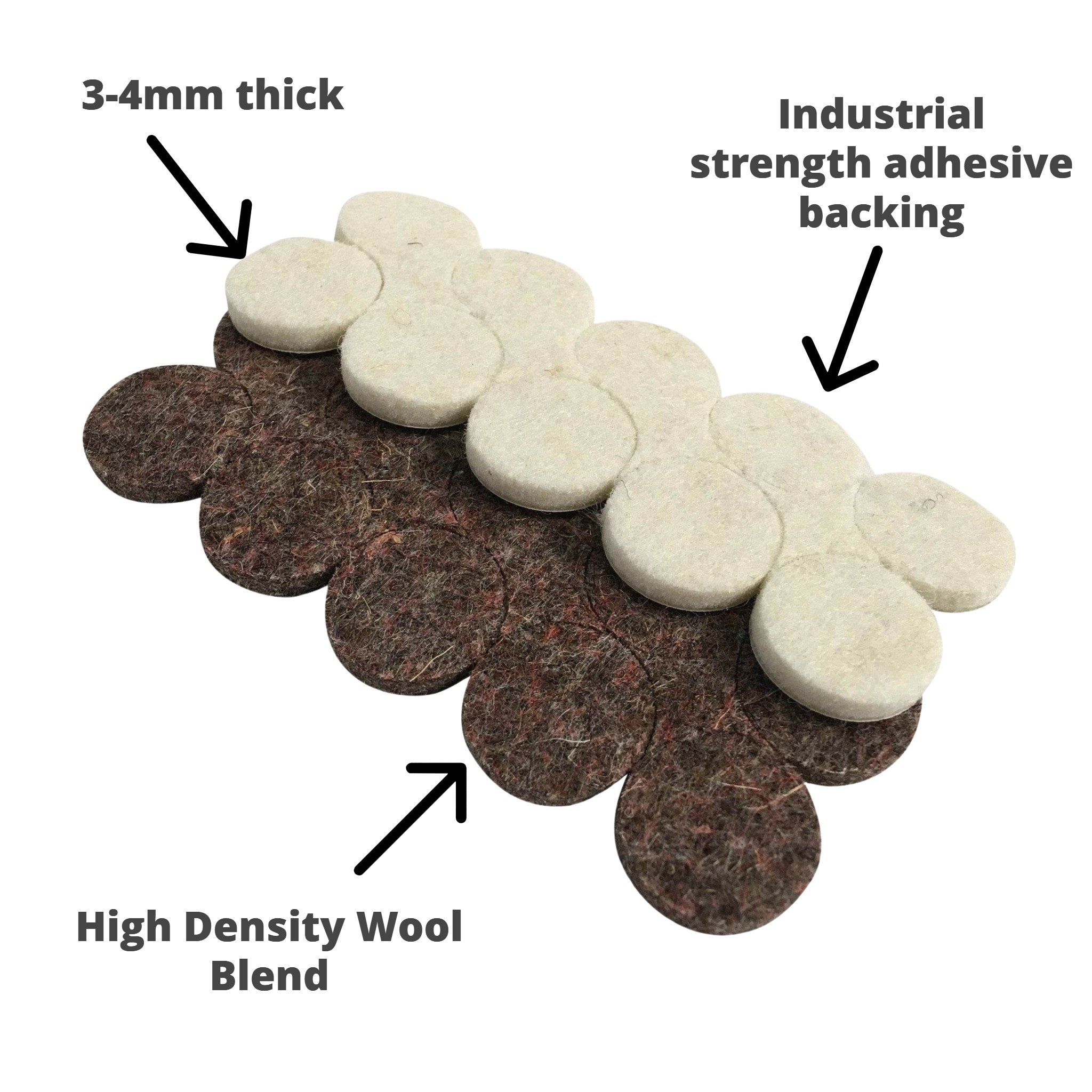
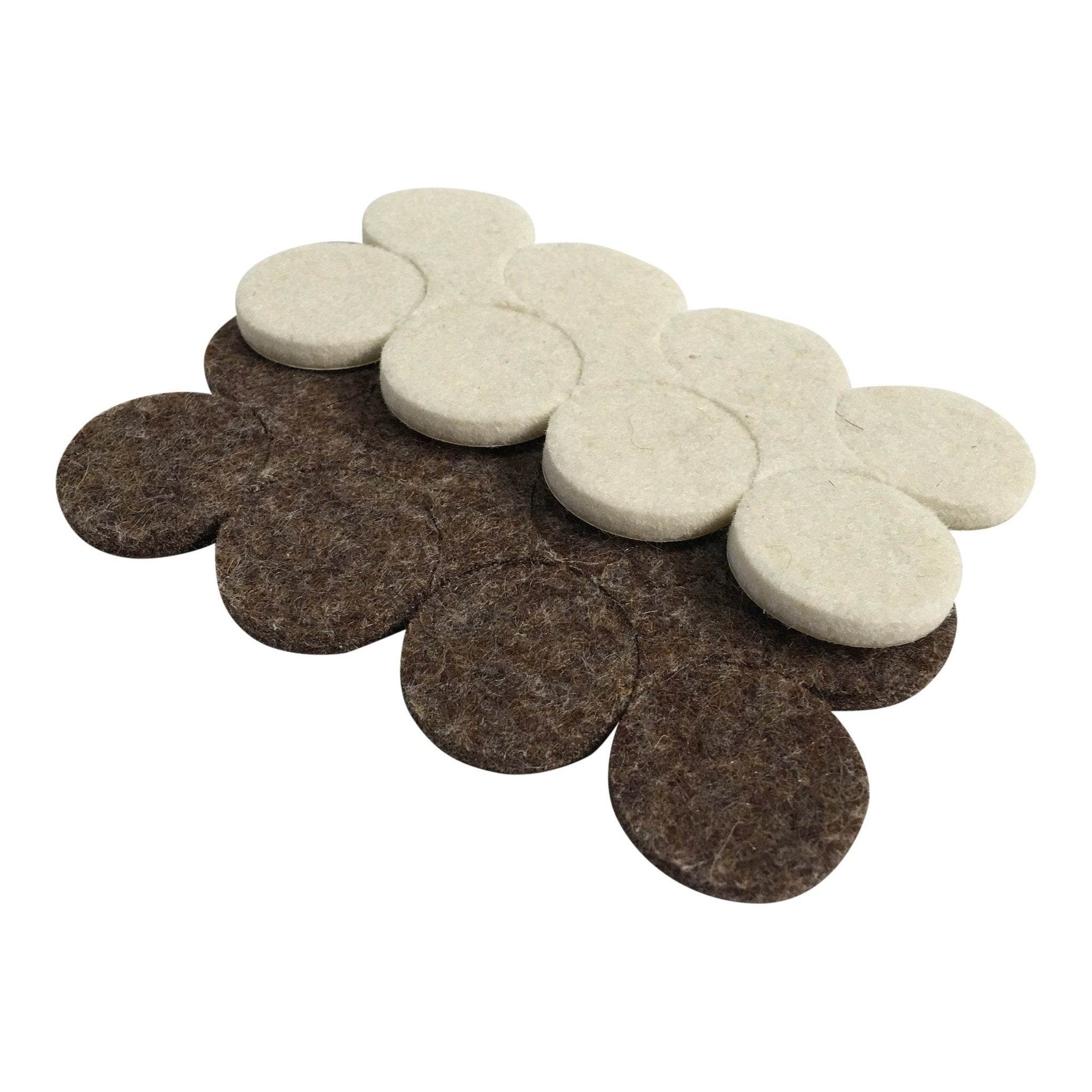
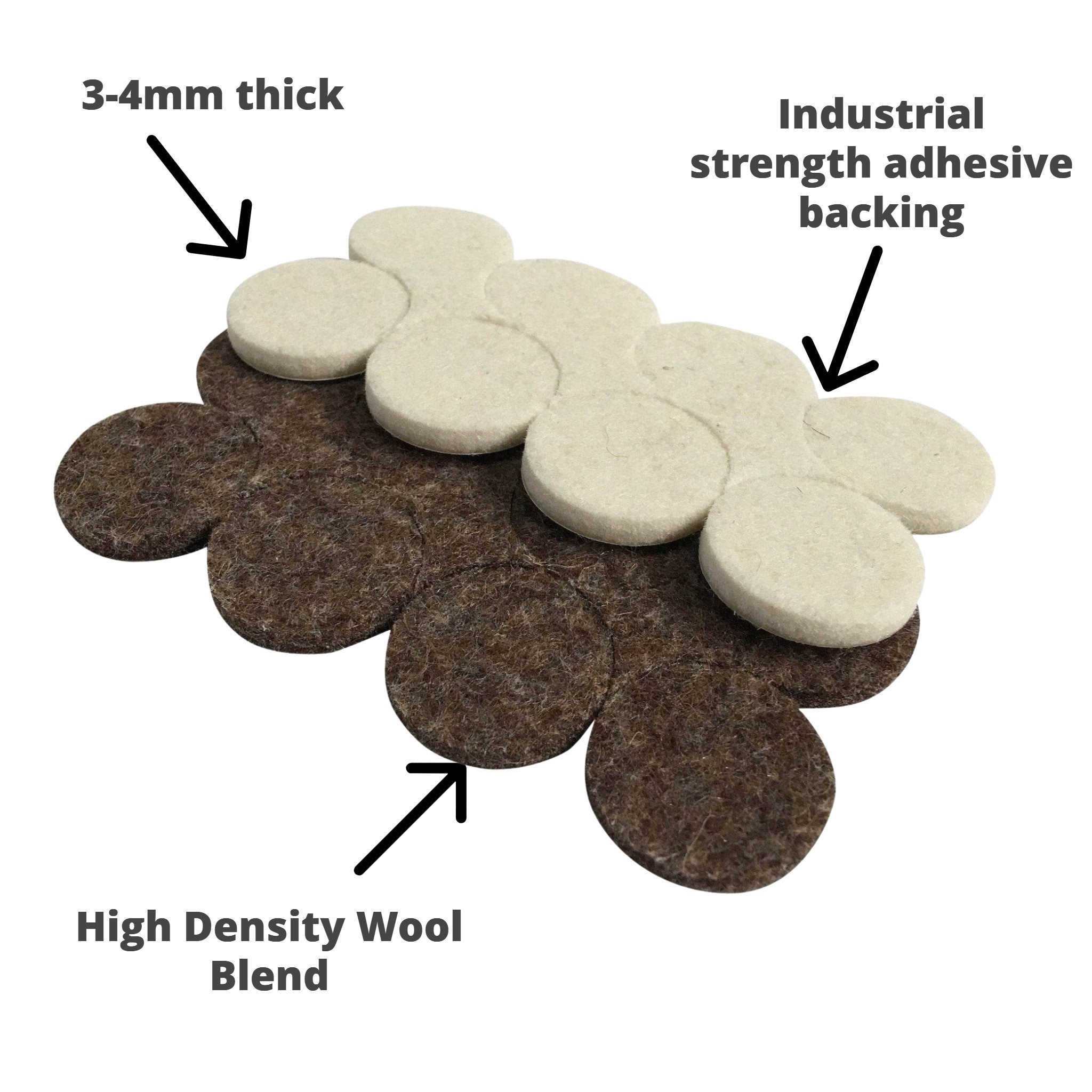
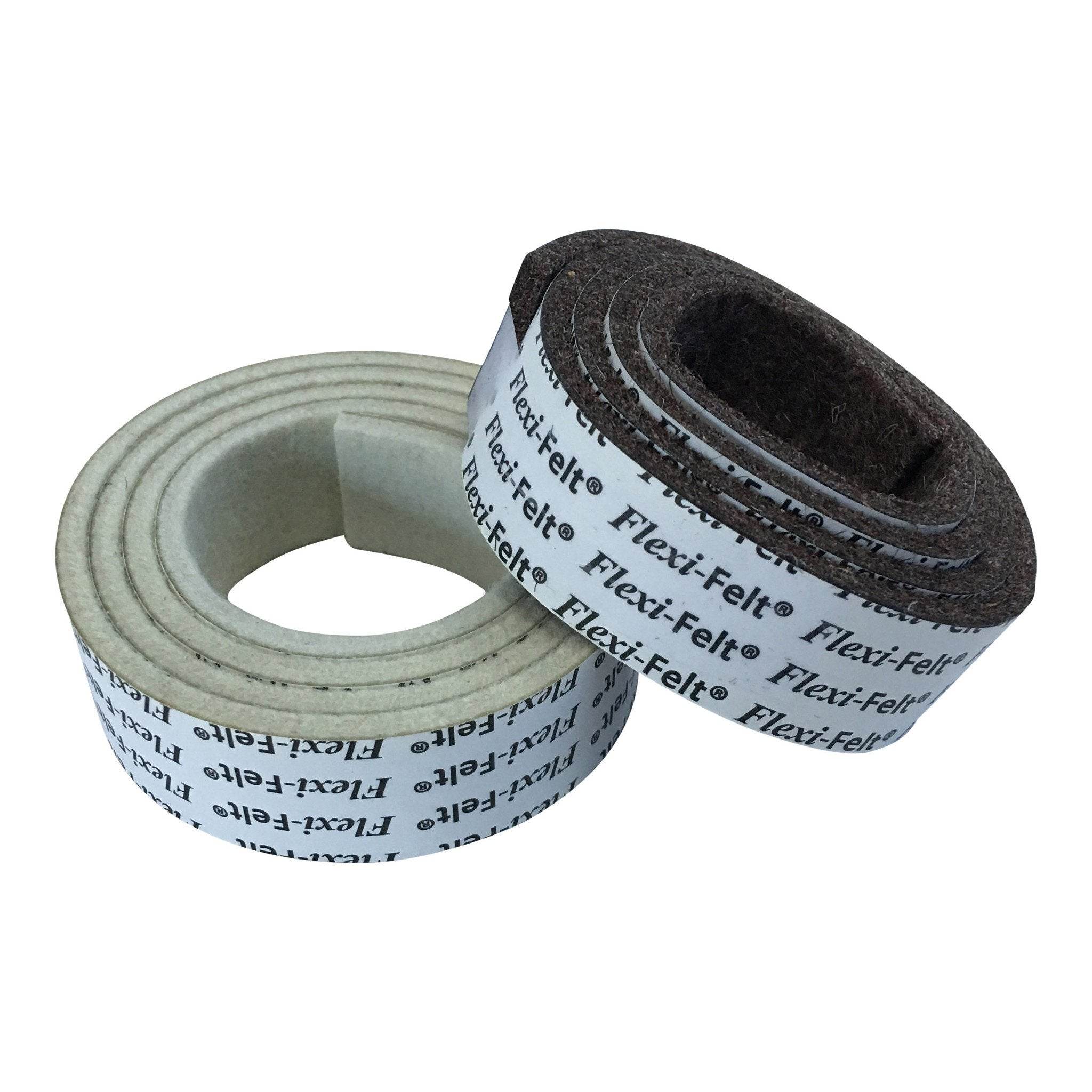
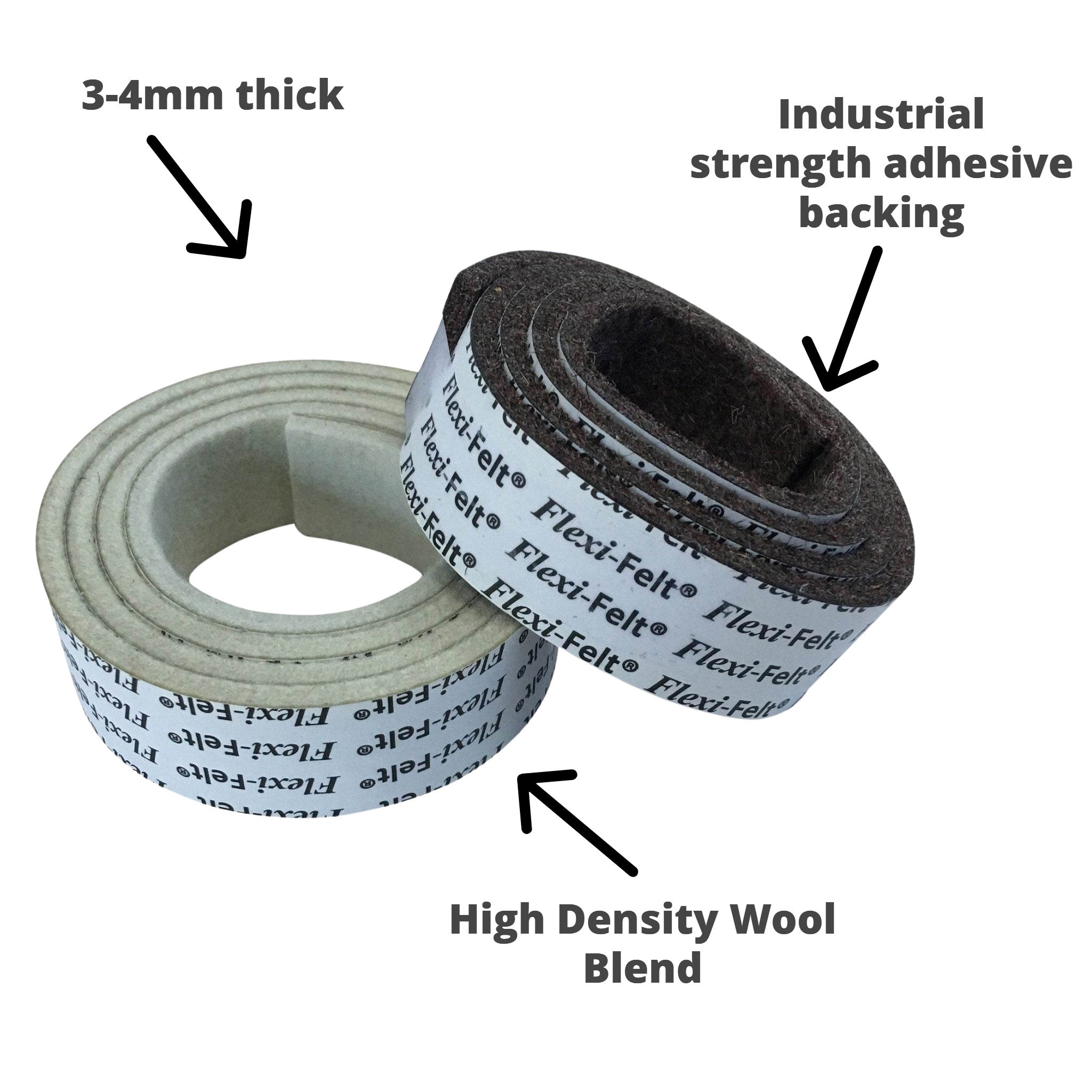
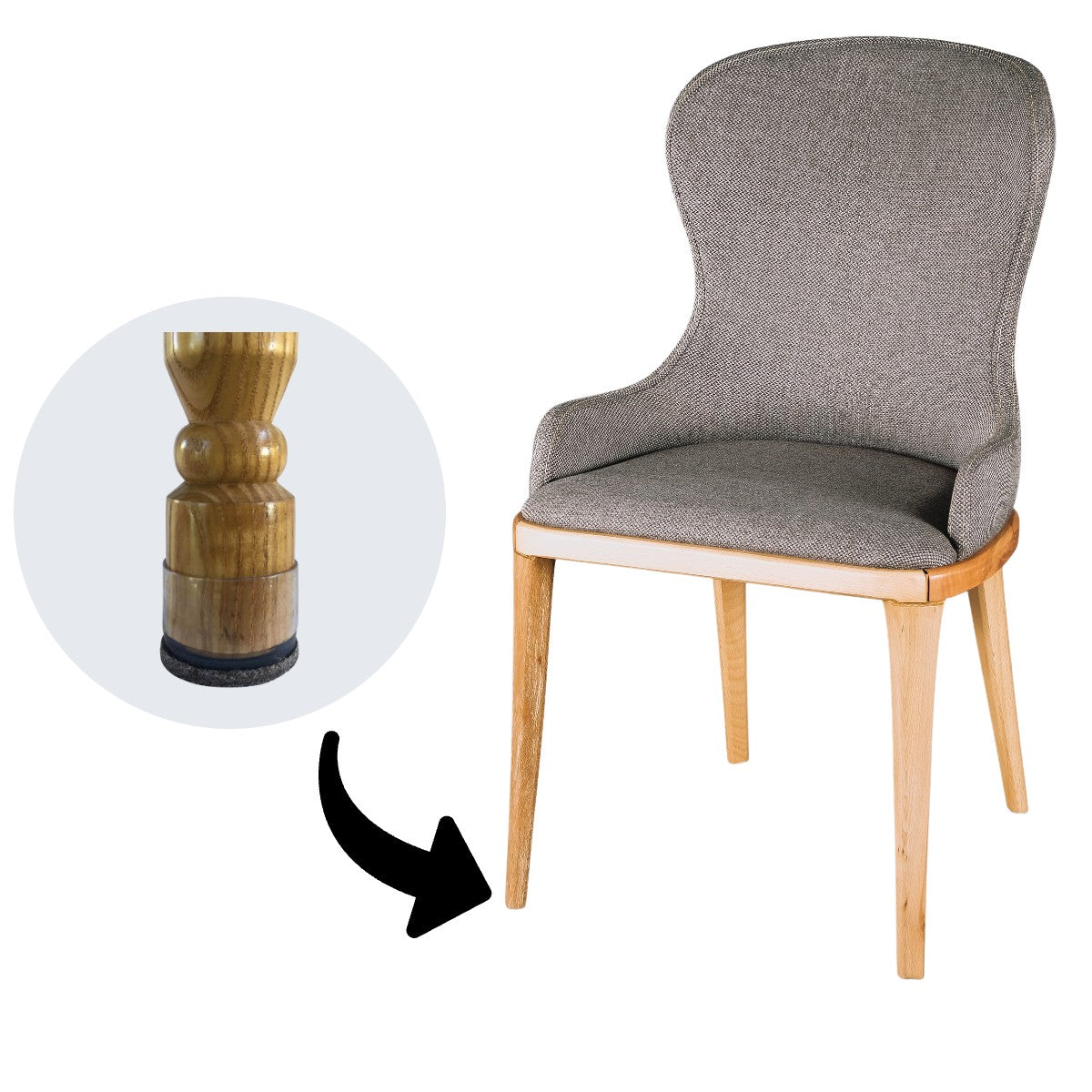
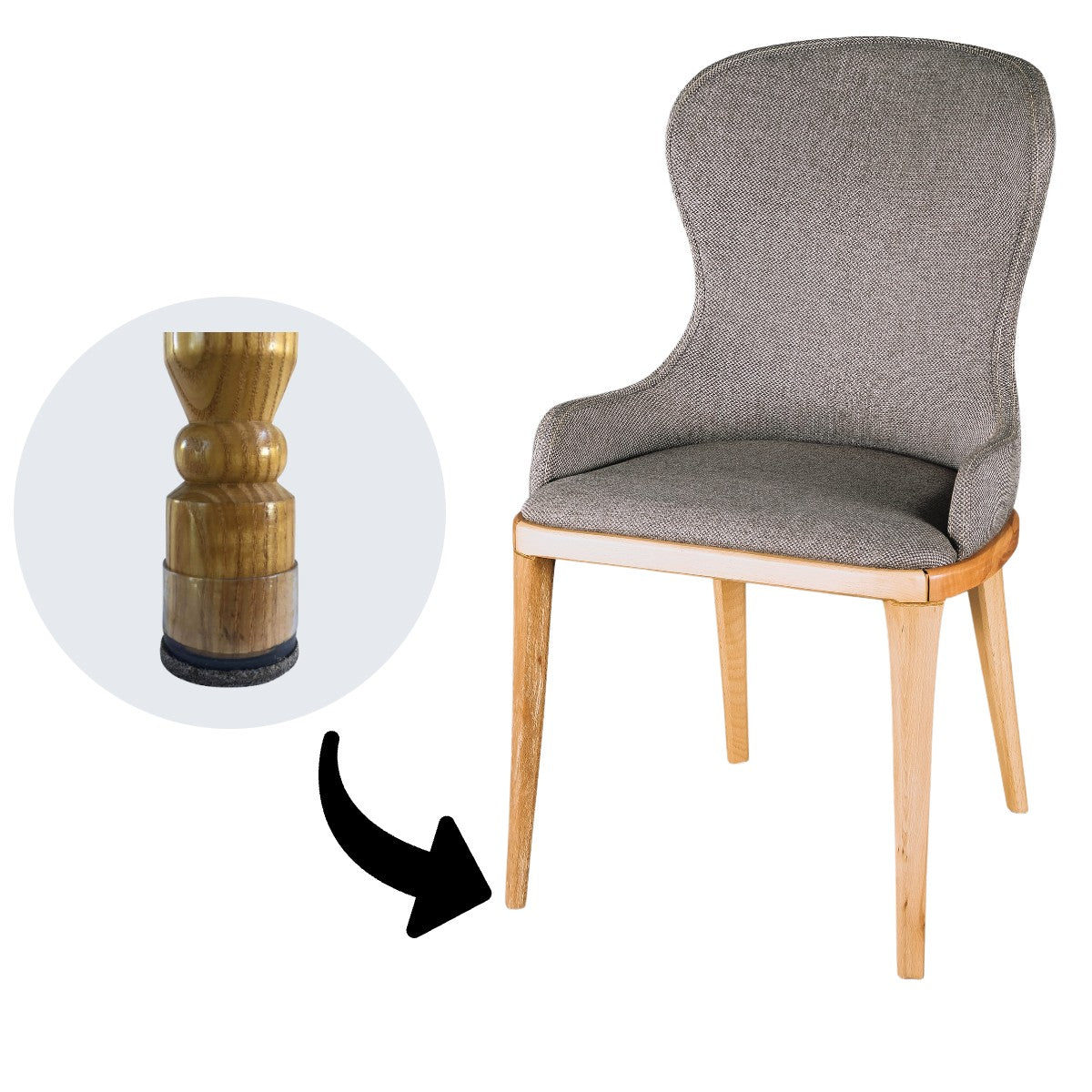
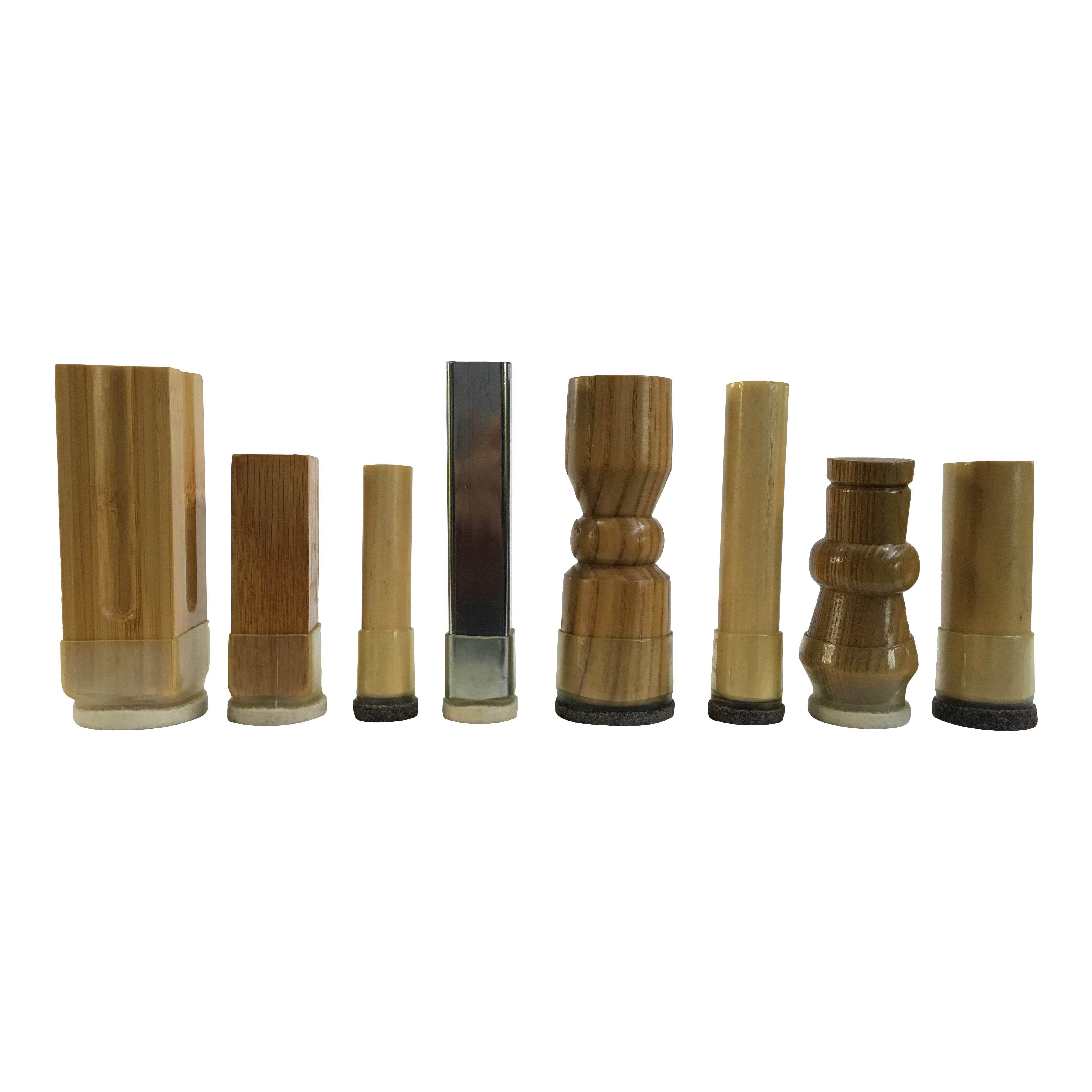
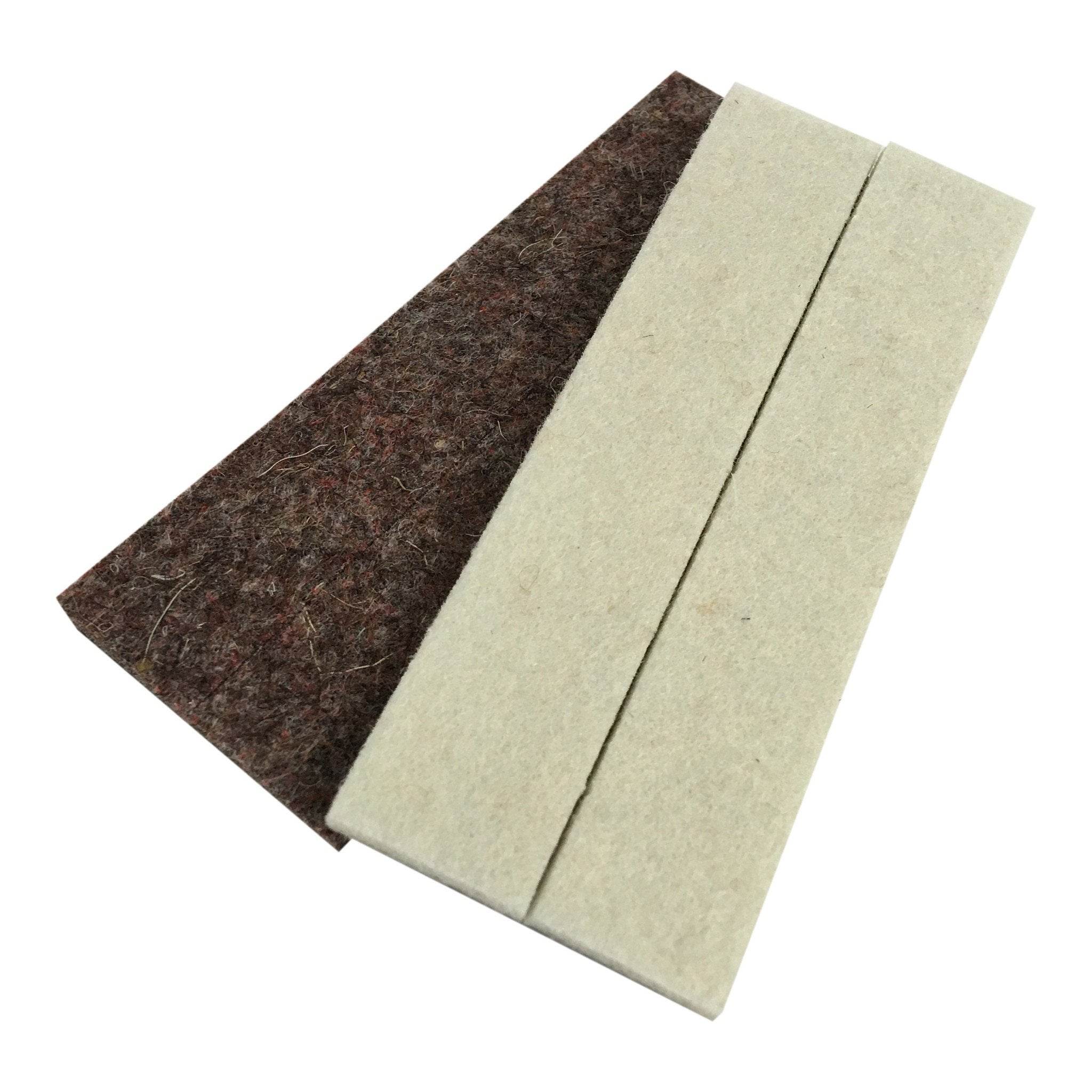
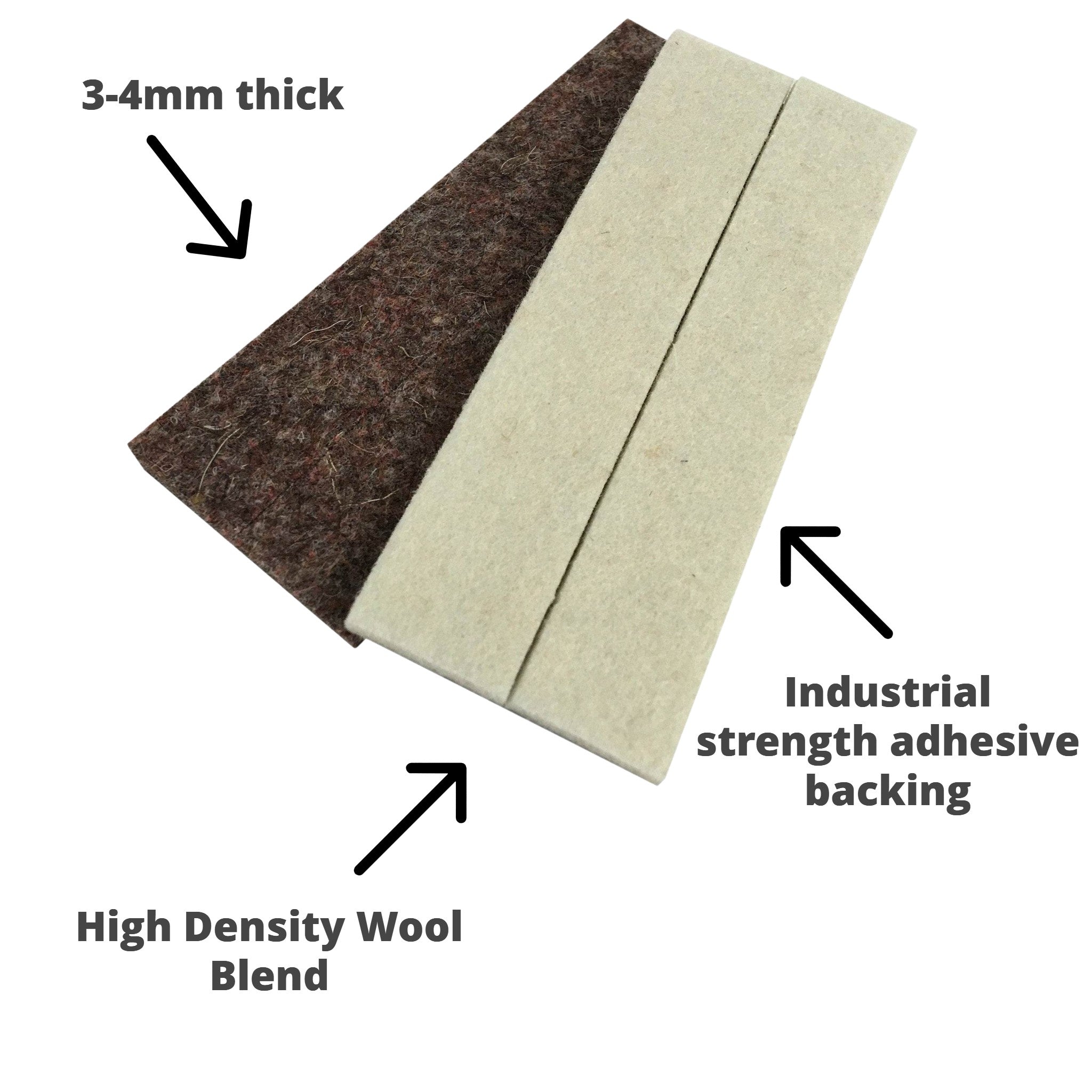
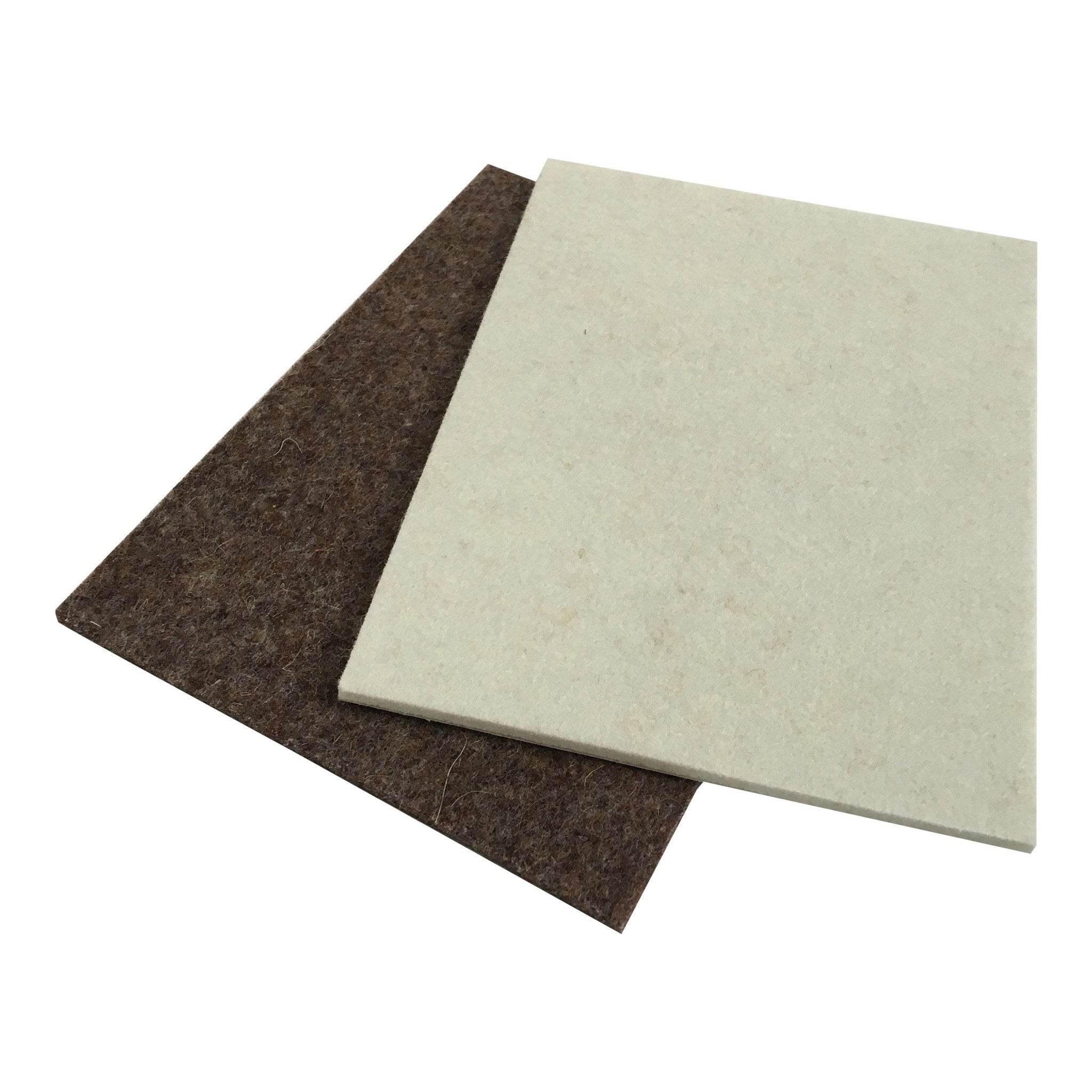
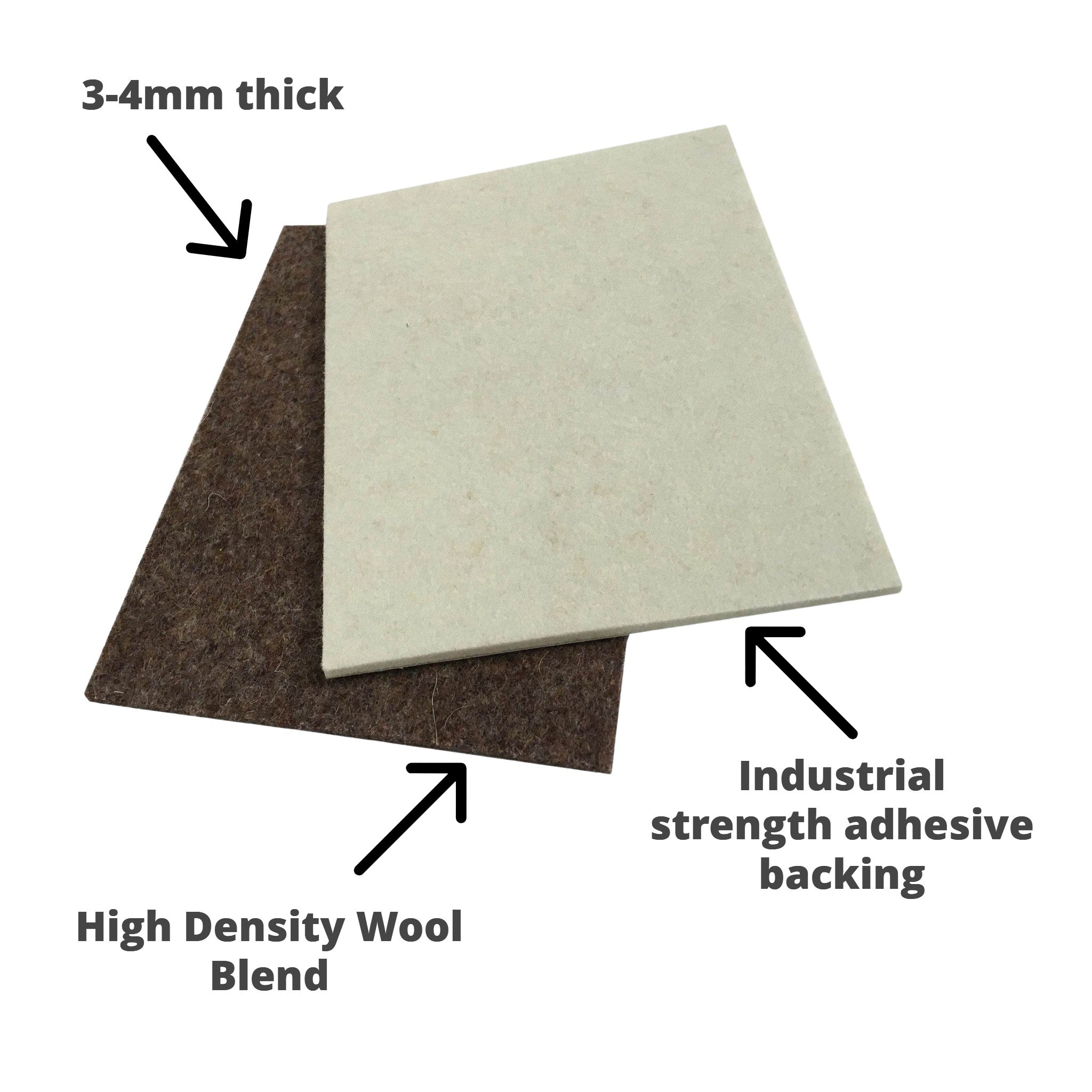
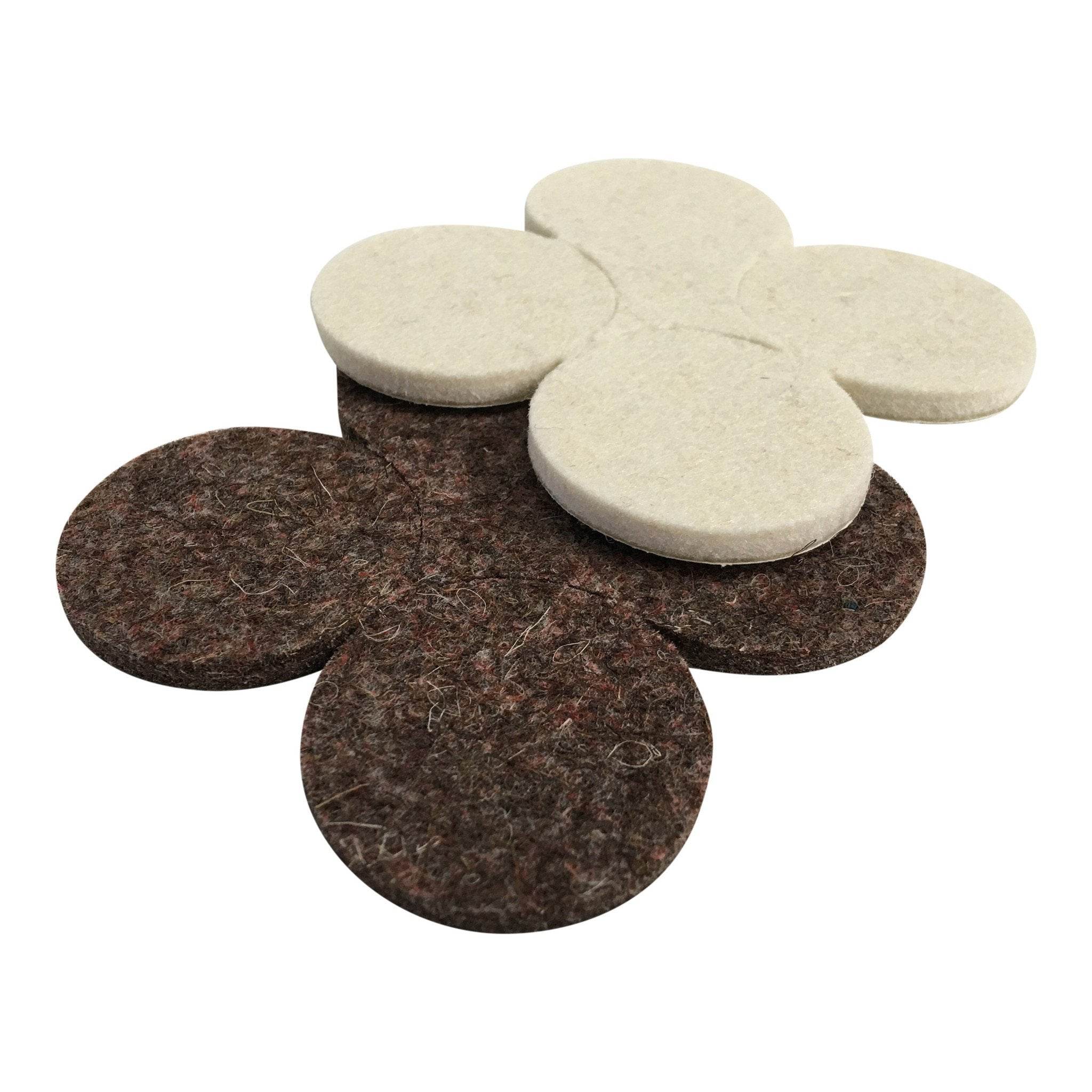
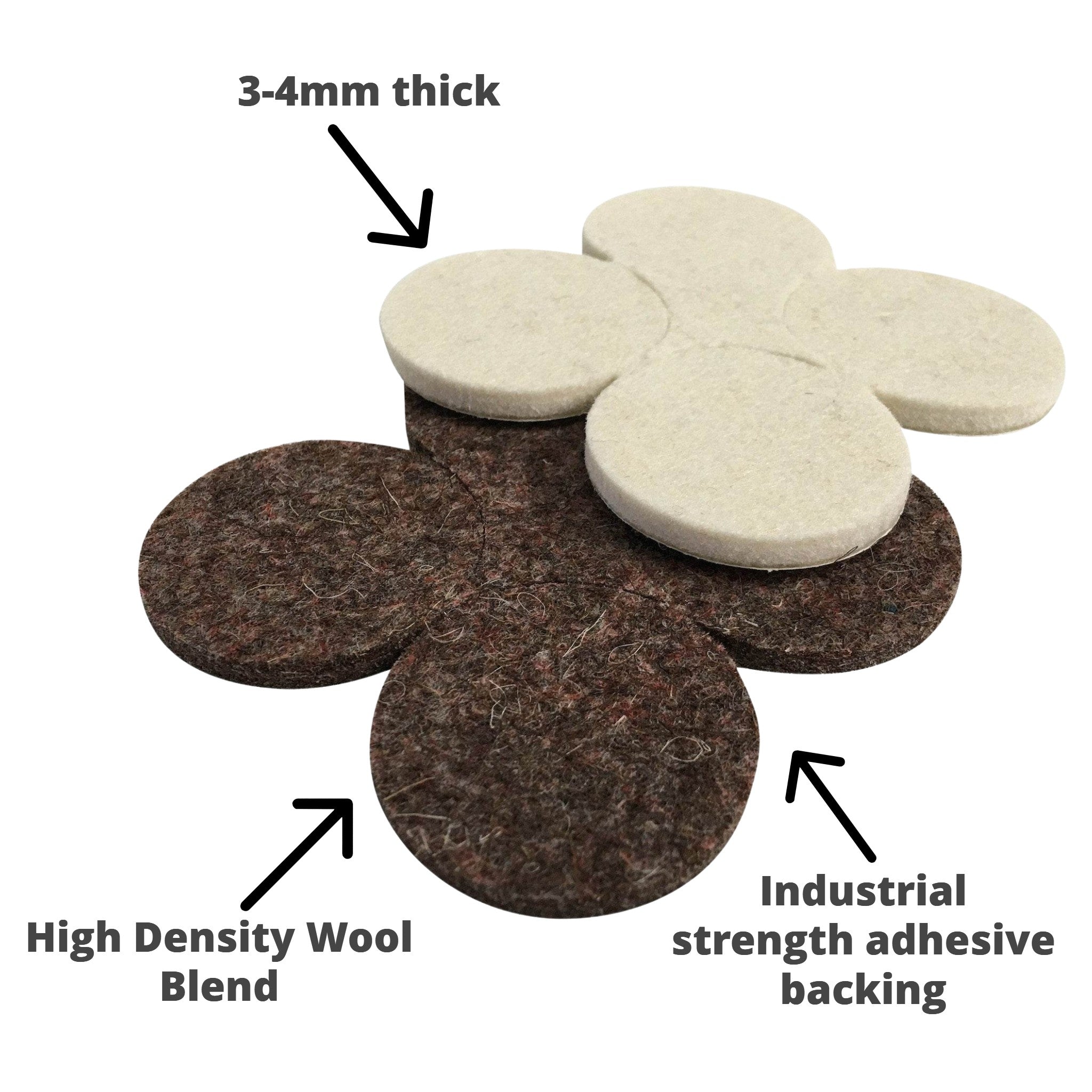
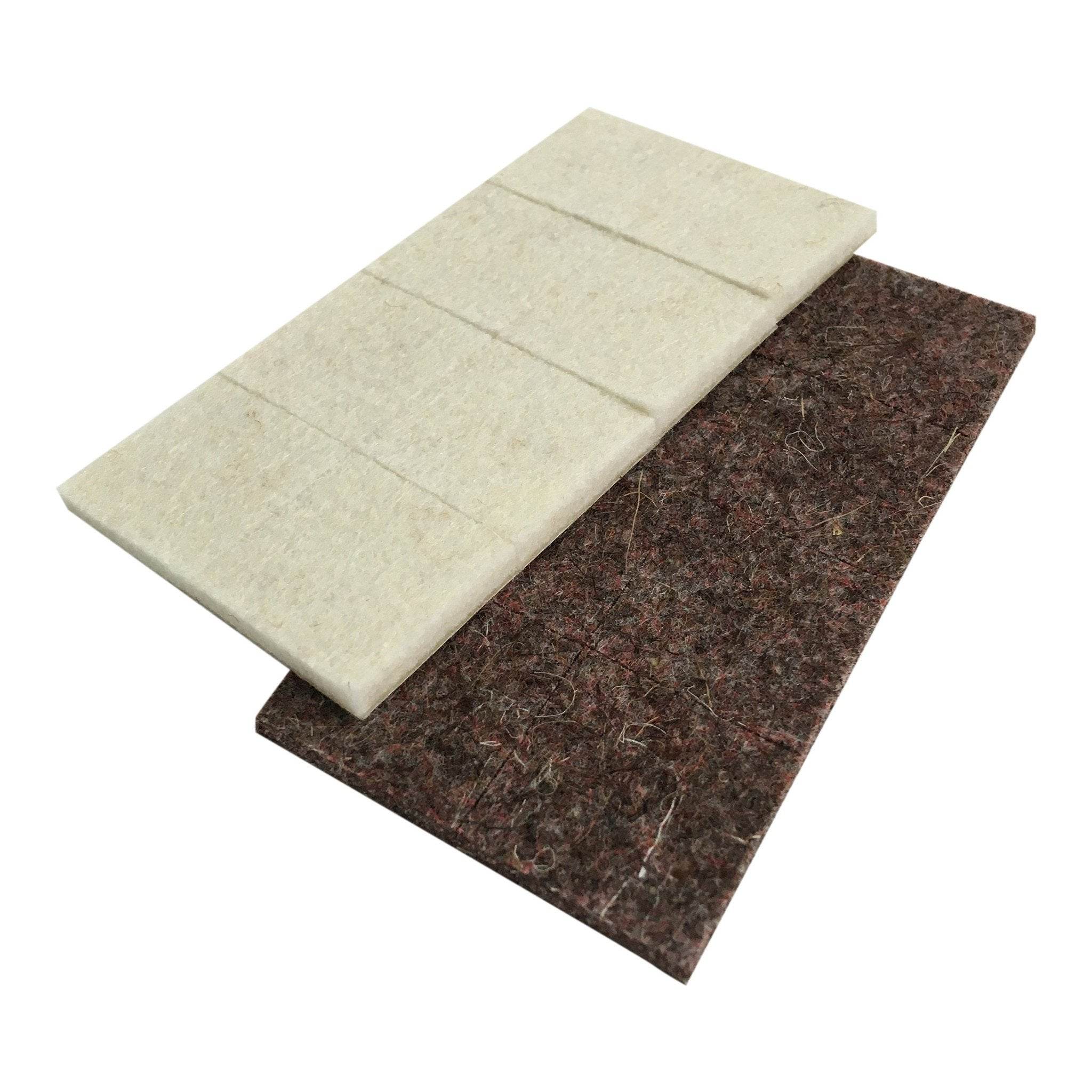
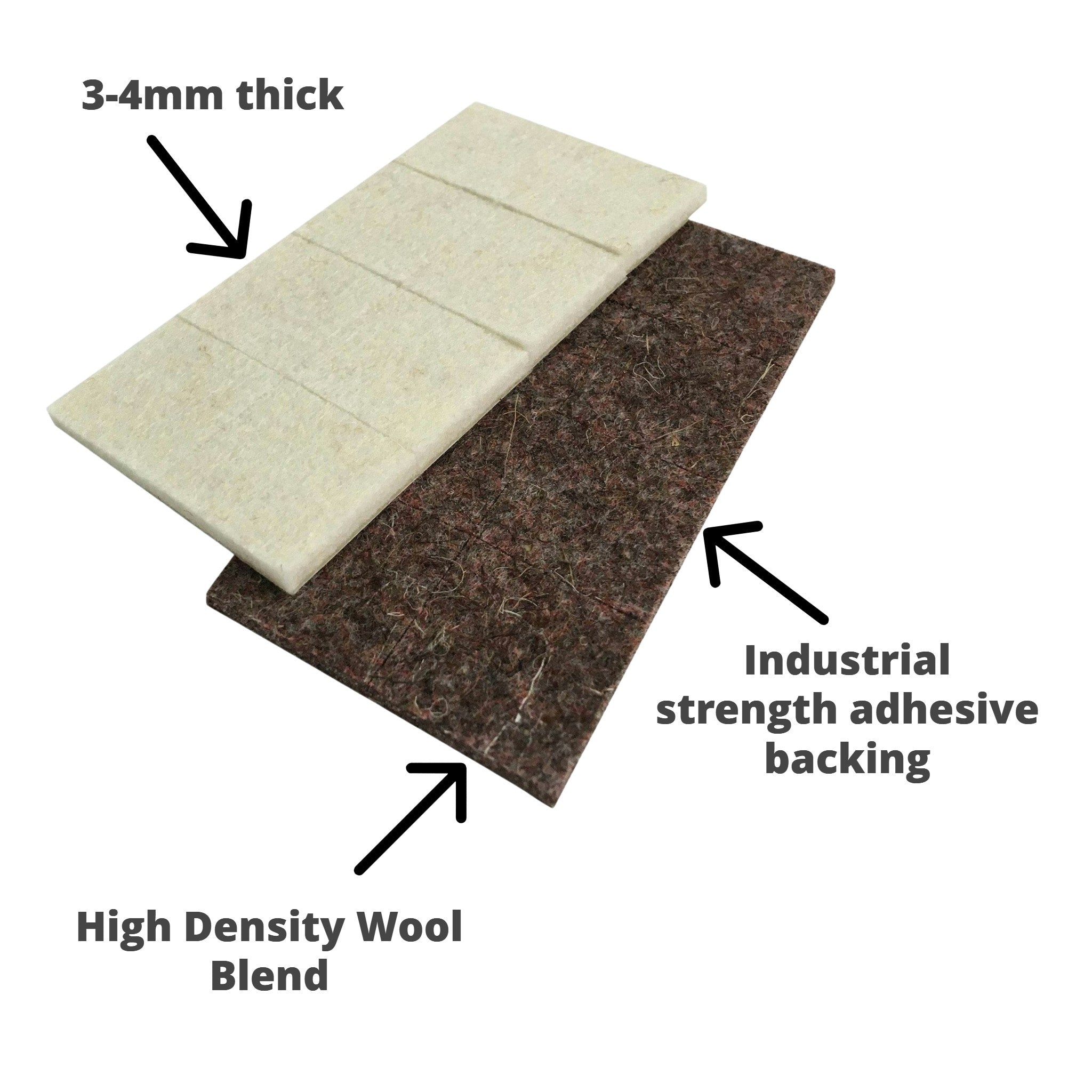
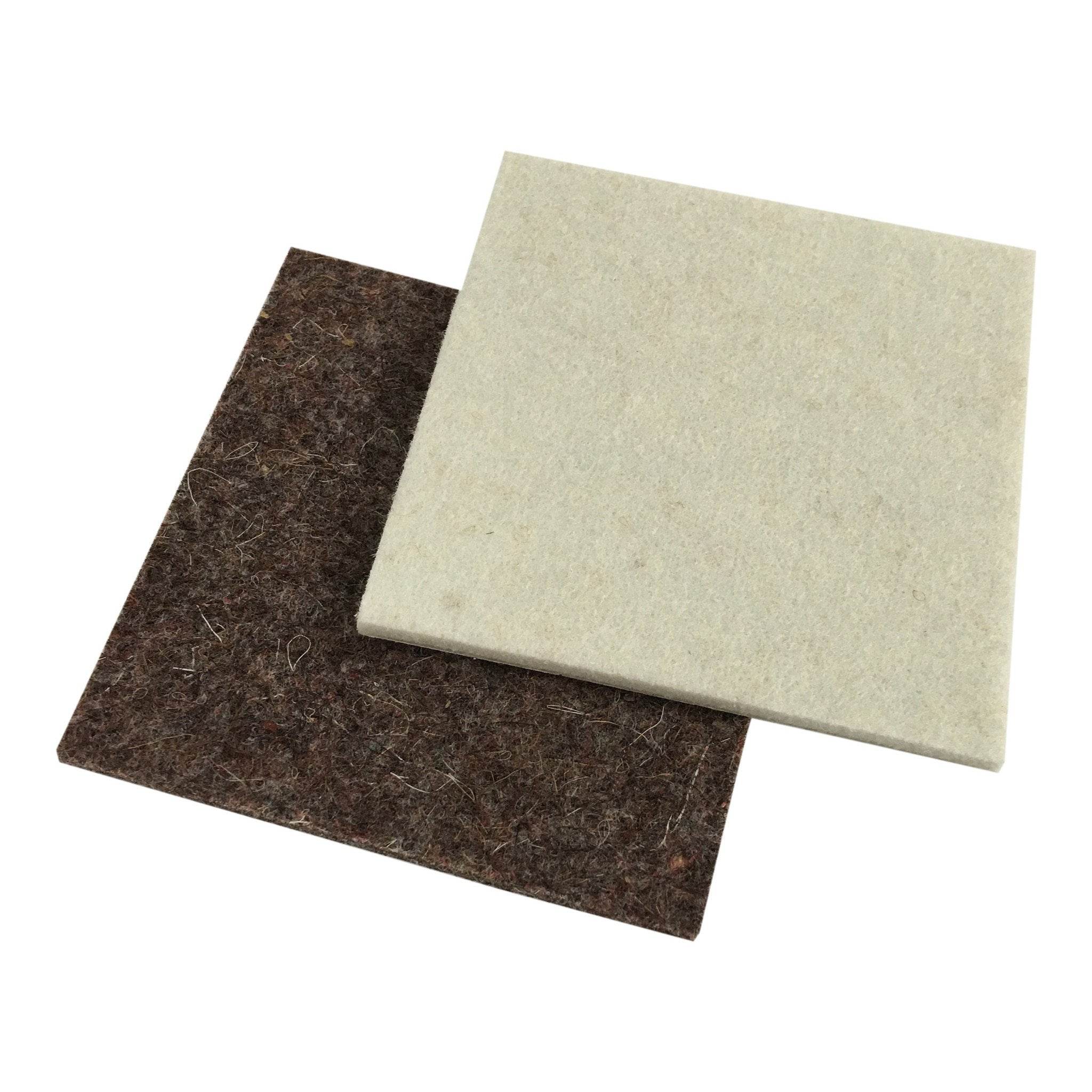
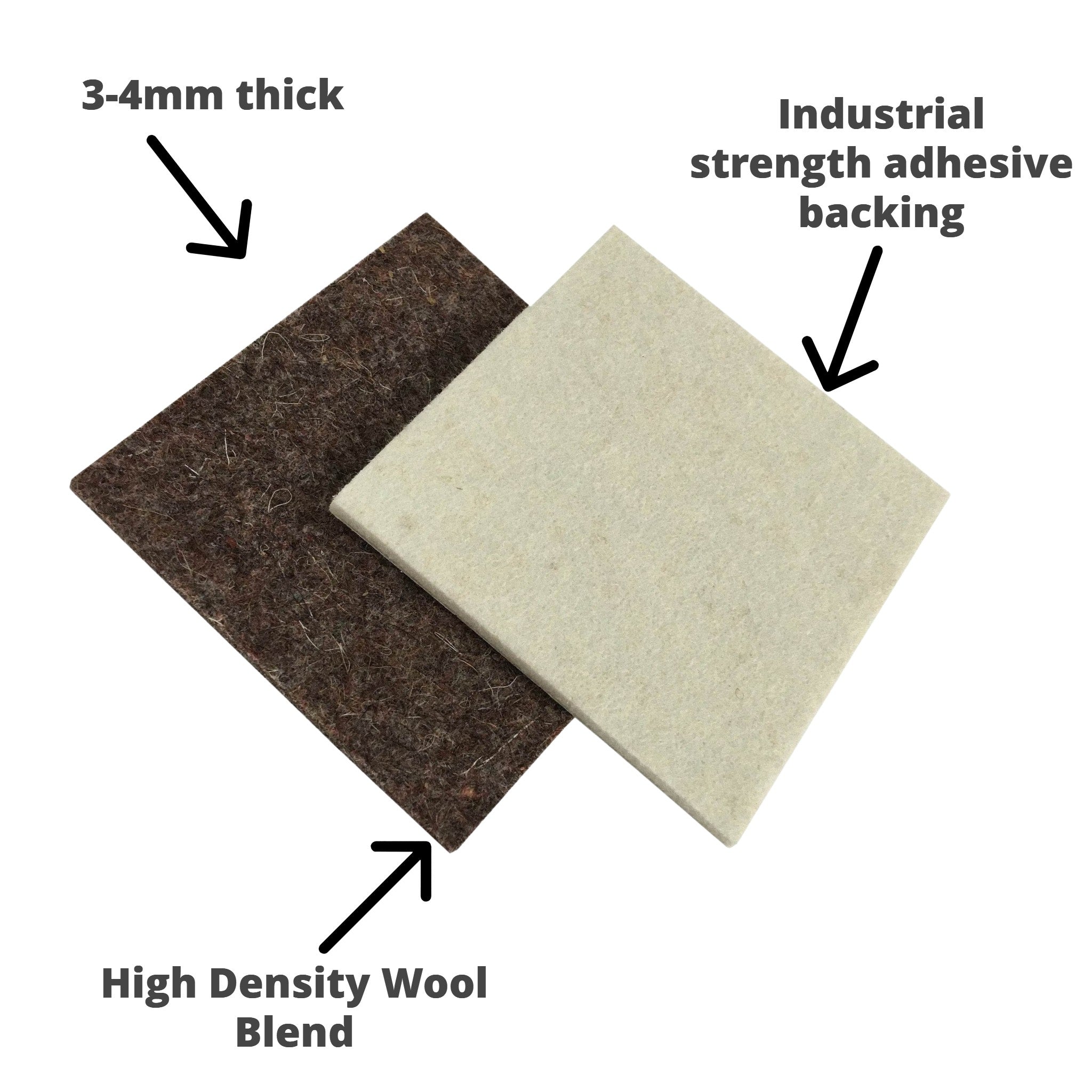
Leave a comment
This site is protected by hCaptcha and the hCaptcha Privacy Policy and Terms of Service apply.